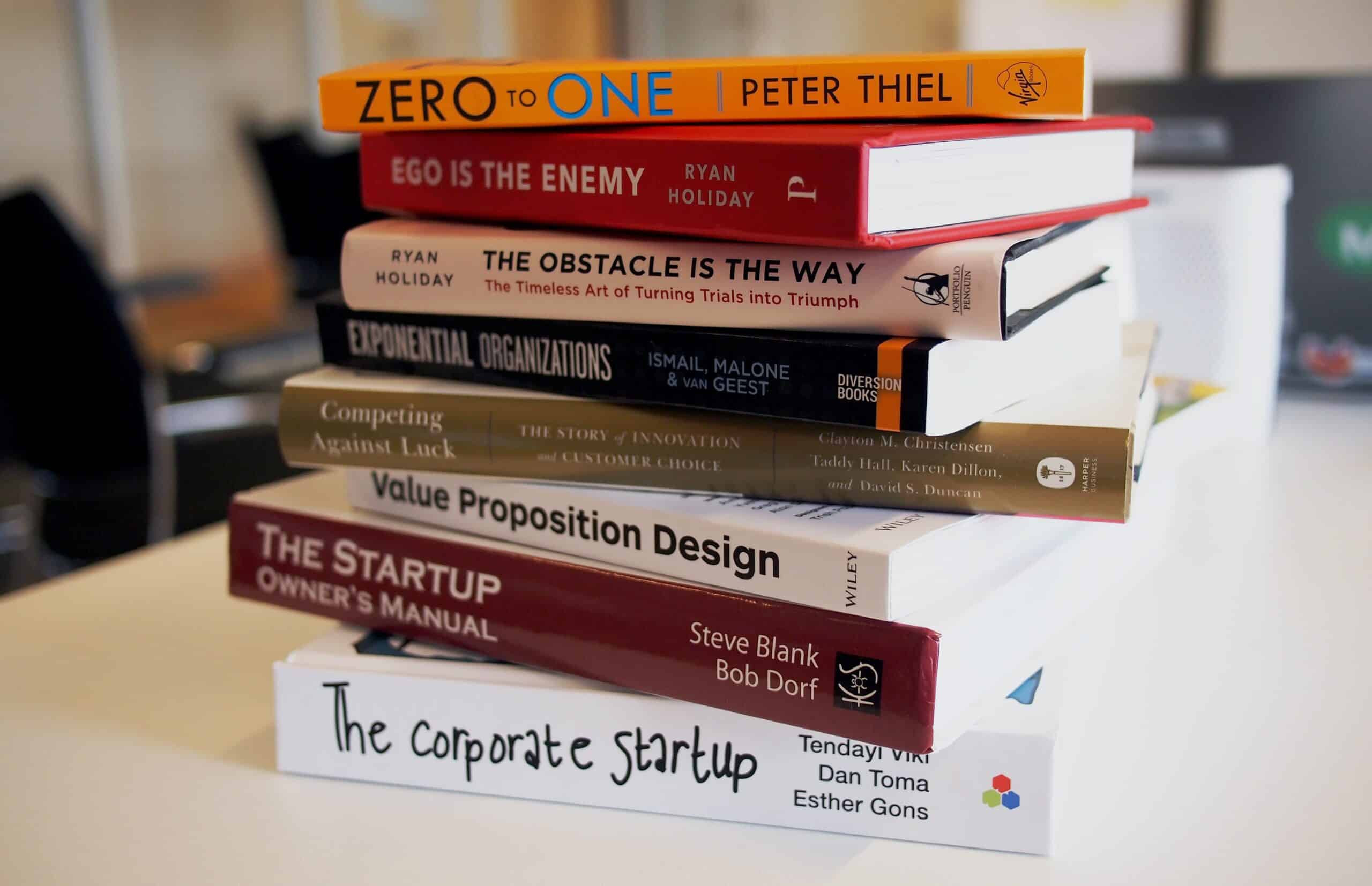As a trained librarian it should be no surprise that I am a fan of reading, whether it be physical, ebook or audiobooks. However, I have finally come to a realisation – I will never read every book that I want to read. That means of course there may be some insights that I miss out on reading – unless I give myself permission.
Give myself permission to look at people’s book notes, and create pages in The Lab (what I call my Zettelkasten) and write my own notes from their notes.
It was this week that I gave myself permission.
Now – I am aware that some people don’t like putting stuff into their system that they haven’t read. They could look at me and say that this could be classed as cheating. Yet with the rise of book summary apps like Shortform and Blinkist popular, it is easy to see that there is a market for it. Also, with the Readwise integration for Shortform, some people could be seen as becoming more loose with the fact that it isn’t ‘their exact words’ but a condensed version which they could expand on. This is also the case with Snipd with the ability to now save other peoples snips.
Now for these notes it could be said that I should keep a record of where I got the summary from, like it says what book the highlights from Kindle are from. I don’t do that. The reason behind it is because I am making the notes off someone else’s summary, but as the information comes from the source material, I will just write my notes like it was a normal literature note. I also use a few different summaries to create my notes, so the extra space needed to make note of the summaries could be used somewhere else.
A big part of doing this though is because I may not get the insights out of a book I read if I do not understand what they are talking about. For example, if I want to learn some good insights about the legal profession, I will not fully understand what is being said, as opposed to someone in law school. So, why not read notes by someone who understands the concepts. Their notes may explain them in laymen’s terms and you can translate it into your own words that mean something to you.
Ali Abdaal uses this method to read. He mentions in the video, I Read 1000 Books A Year, that he uses Shortform. I agree that reading has been ingrained that we must finish a book – however I wouldn’t agree that it is for social status. Personally, I track my reading because I follow a few booktubers, but also because I like stats.
I did use Goodreads for years – but more recently, they haven’t changed much. Also their stats are very limited, whereas I (as well as many others) get nerdy about reading. The best app I have found for tracking reading is The Storygraph. This newer company has a lot more stats than Goodreads and you are able to compare years, to see how much your reading changed or not.
As I am someone who tracks their reading, of course I won’t count them towards the books I actually read. But by doing this I am not missing out on the big ideas that could help me. Meanwhile, I can read books and summarise them to help improve others’ understanding of stuff that I already grasp.

Leave a Reply